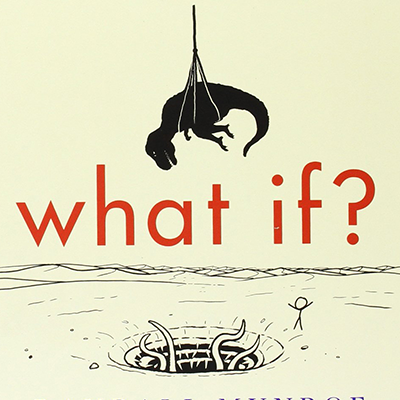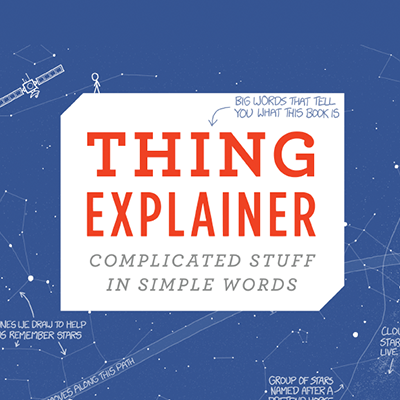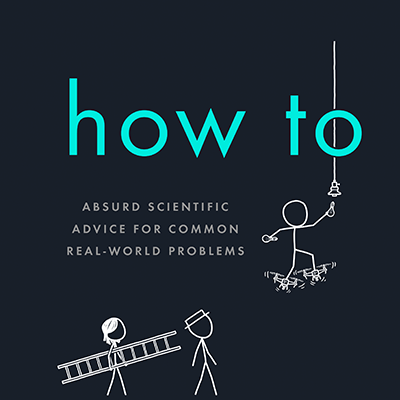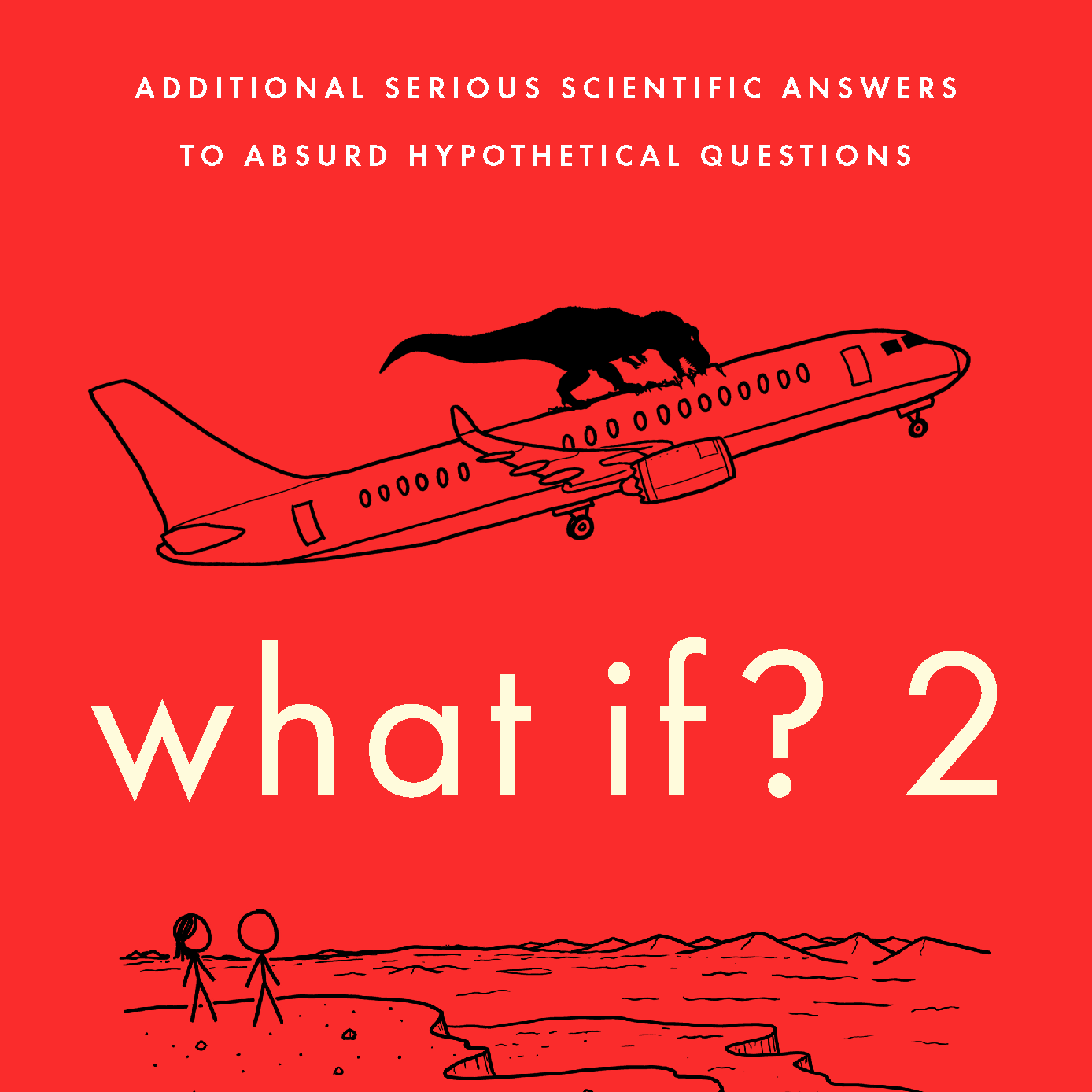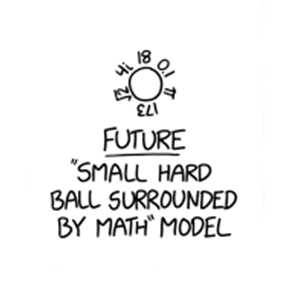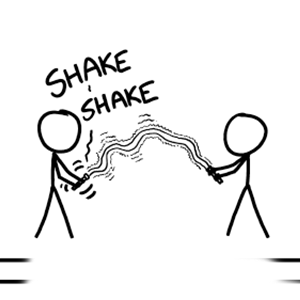How long could the human race survive on only cannibalism?
Quinn Shaffer
There are about 500 trillion calories of human in the world. If it could be frozen or otherwise preserved, that would be enough—at least in terms of raw calories—to keep a tiny breeding population alive for millions of years.

Eating nothing but meat sounds bad, nutritionally, but the lack of vegetables wouldn't necessarily kill you. People can survive on high-meat or all-meat diets, especially if they eat things like organ meat and bone marrow; there are more vitamins and nutrients found in those which are missing from the narrower range of mammal skeletal muscle and fat in the typical western diet.
The US experienced meat shortages during World War II because so much food was being diverted to soldiers and allies overseas. In response to this, the US government decided to encourage Americans to eat more organs and other animal body parts. They employed some of the world's best anthropologists, psychologists, social scientists, and food scientists to figure out a way to change American eating habits.
One of the ideas the project had was that these foods should be rebranded as variety meats.[1]More on this in the hilarious Mary Roach book Gulp: Adventures on the Alimentary Canal A Google Books search shows the phrase appearing suddenly in US books around that time (a pattern not seen in British books.) When the war ended, many of these research efforts were dropped, but this 2002 article tries to piece together what they learned.
There are a lot of things we don't understand about nutritional deficiencies, and—to put it mildly—a lot of dispute over what kind of diets are healthy or aren't healthy. But no matter what nutrients we would or wouldn't get in Quinn's scenario, we'd face a bigger problem: contaminated food. Even if you cooked your meat, it would be hard to avoid all kinds of disease exposure as you worked your way through the remains of the human population.

In a small enough population, every outbreak is a pandemic; it wouldn't take long for something to wipe you out.
There are also some obvious practical problems. Unless you're one of a small handful of people, you have no way to kill the majority of living humans without some of them killing you first.
Let's consider a different scenario, one probably more in line with what Quinn was imagining: What if half the population ate the other half?[2]On second thought, I really have no idea what specific scenario Quinn was imagining, and I'm not sure I want to know.
If the average human weighs 50 kilograms and eats a couple thousand calories per day, then—according to Ryan North—then one person contains enough meat to feed another person for about a month.
If, every month, half the population eats the other half, we could go for 32 months[3]Which should make sense to the computer science students out there, since "7 billion" is just barely too big to store in a 32-bit integer. of cannibalism before the second-to-last person was eaten by the last.
Eating people who have eaten other people is a bad idea. For starters, it's a bad idea because you're eating people. Why are you eating people!? But it's also bad because it's an effective way to transmit prion diseases.
On the other hand, most prion diseases have lengthy incubation periods, so it might be a lesser concern in a world where you have a 50% chance of getting eaten every month.
Lastly, we'd have to decide who got eaten in which round. We could fight it out, or—to be fair—we could pair off and flip coins. If we did, the result would be, literally, ...
![I wanted to write the odds of predicting a perfect bracket--in the form of 1/[number]--here, but I guess a 2-gigabyte mouseover text would be a bit of a pain.](https://what-if.xkcd.com/imgs/a/105/bracket.png)
... the tournament bracket to end all tournament brackets.


